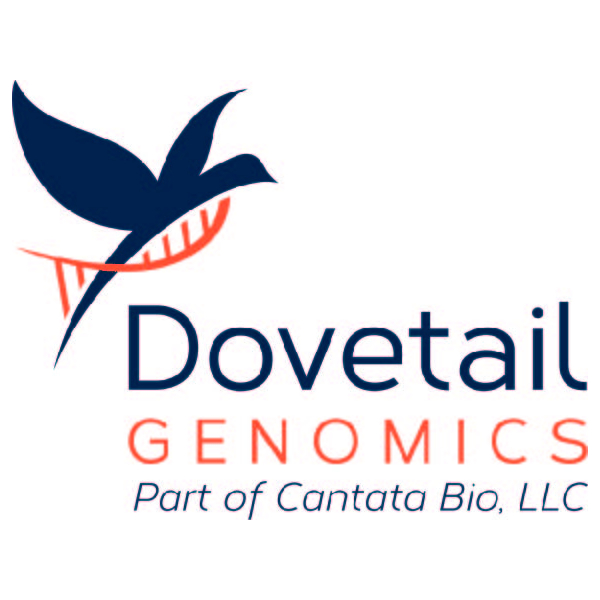BCN, 18 July 2018.- Epigenetics, the study of heritable changes in gene expression that don’t involve changes in the DNA sequence, is an extraordinarily active research field in biology nowadays. Epigenetic modifications integrate environmental and genetic information to give a certain phenotype (the set of characteristics showed by an individual) and can be transmitted from generation to generation, making it possible for characters acquired by environmental influence to be inherited and passed on to the descendants.
The most studied epigenetic modification is DNA methylation in promoter regions (those regulating gene expression), which is associated with gene silencing. However, this 'more DNA methylation, more gene silencing' rule is not always accurate, confusing researchers.
In a new study, published in Epigenetics & Chromatin, researchers from the Institute of Marine Sciences (Institut de Ciències del Mar, ICM-CSIC) and CNAG-CRG, have shown that the DNA region known as the first intron, a region to which not much attention had been paid until now, is, in fact, much better for analysing gene expression by epigenetic modifications. The article counts on Dafni Anastasiadi as first author, researcher at ICM-CSIC, with the collaboration of Anna Esteve-Codina, from CNAG-CRG and has been directed by Francesc Piferrer, research professor at ICM-CSIC.
A universal mechanism in vertebrates
For this finding, researchers compared methylation and gene expression levels in European sea bass tissues of very different cellular and transcriptomic complexity. The study shows that this mechanism is universal, at least in vertebrates, since, in addition to sea bass tissues, tissues of other fish, amphibians and even human were analysed obtaining the same result: the first intron region is more informative and consistent than the promoter region to determine gene expression.
These results, due to their universality, have application in other fields of epigenetics research, such as the study of the response of organisms to environmental changes-marine environmental epigenomics is considered a promising research field-, developmental biology and the epigenetic changes associated with cancer-related processes. This study helps to focus the research efforts on the first intron as the most informative DNA region regarding the effects of methylation on gene expression.
Work of reference:











